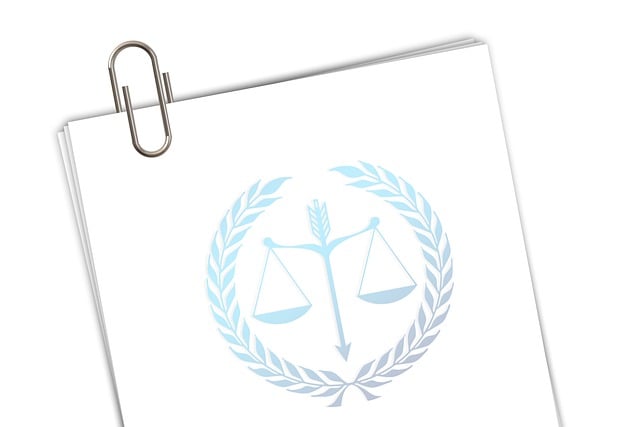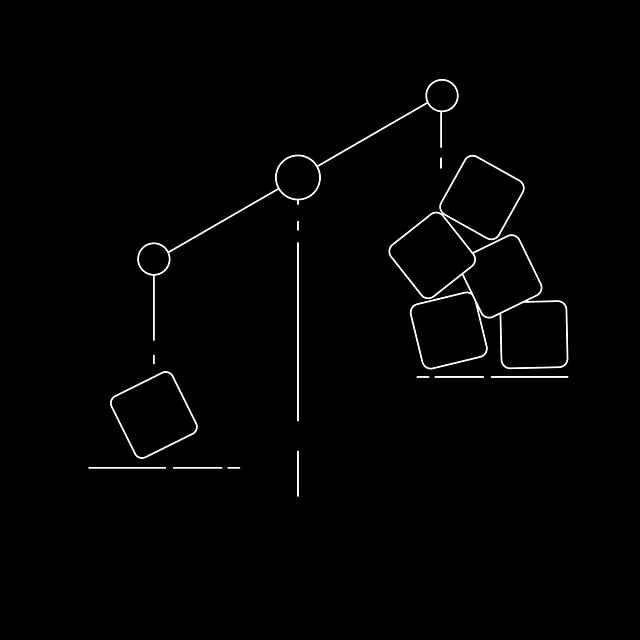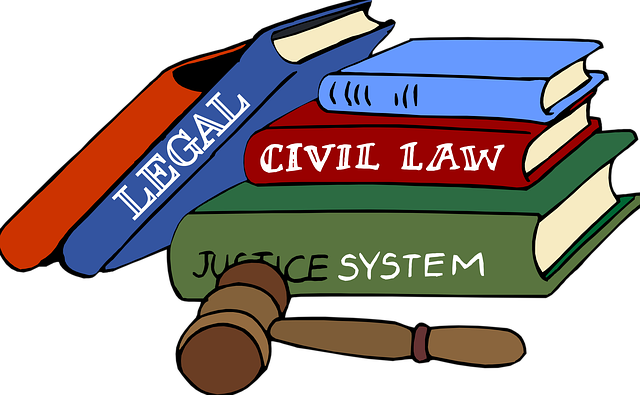Environmental Crime Trials, a specialized legal field, require attorneys to balance knowledge of environmental science with understanding state-specific Criminal Procedure Laws. Variations in these laws across the U.S. significantly impact the prosecution and defense of cases involving pollution, habitat destruction, and illegal dumping. These differences affect evidence collection, witness testimonies, and defenses, leading to inconsistent outcomes. Success in environmental crime trials demands a deep grasp of local regulations and their interaction with criminal law, while advocating for harmonizing Criminal Procedure Laws by State Variations to ensure fairness and consistency in justice.
“Environmental Crime Trials: Navigating a Complex Legal Landscape explores the unique domain of environmental law enforcement through criminal trials. This article delves into how state-level Criminal Procedure Laws significantly influence environmental cases, highlighting notable variations across jurisdictions. We examine challenges faced in prosecution, offering insights into effective strategies. Furthermore, we discuss future implications and potential reforms to ensure consistent justice for environmental crimes, considering the intricate web of state-specific legal frameworks.”
- Understanding Environmental Crime Trials: A Unique Legal Domain
- The Role of State Criminal Procedure Laws in Environmental Cases
- Variations Across States: A Complex Landscape
- Challenges and Strategies in Environmental Crime Prosecutions
- Future Implications and Reforms for Consistent Justice
Understanding Environmental Crime Trials: A Unique Legal Domain

Environmental Crime Trials represent a specialized legal domain, distinct from traditional criminal cases. This unique sector focuses on prosecuting individuals and corporations accused of violating environmental protection laws, addressing issues such as pollution, habitat destruction, and illegal dumping. Navigating these trials requires an understanding of state-specific Criminal Procedure Laws, as variations across the country can significantly impact defense strategies.
For his clients, avoiding indictment becomes a paramount concern in these cases. Defense attorneys must adeptly manage evidence collection, witness testimonies, and regulatory compliance to ensure their clients’ rights are protected while navigating complex environmental regulations. This intricate process demands a deep knowledge of both environmental science and criminal procedure, making it a challenging yet vital area of legal practice.
The Role of State Criminal Procedure Laws in Environmental Cases

The enforcement of environmental laws varies across states in the U.S., significantly impacting how criminal cases unfold. Each state has its own set of Criminal Procedure Laws that govern arrests, investigations, and trials. These variations can lead to differing approaches when it comes to bringing charges against individuals or businesses accused of environmental crimes. For instance, some states might have stricter regulations regarding evidence collection and presentation, which could influence the strength of a prosecution’s case. Understanding these state-specific laws is crucial for both legal professionals and those facing environmental indictments.
When a business faces an indictment for environmental violations, navigating the respective Criminal Procedure Laws becomes a key strategy. Accused parties often employ winning challenging defense verdicts by leveraging the complexities of these laws. By employing knowledgeable legal counsel familiar with their state’s procedural nuances, businesses can better protect themselves against potential criminal charges and, in some cases, avoid indictment altogether.
Variations Across States: A Complex Landscape

The landscape of environmental crime trials is a complex one, marked by significant variations across states due to differing Criminal Procedure Laws. Each state has its own set of regulations and interpretations that shape how environmental cases are handled, from investigation to prosecution and sentencing. These variations can lead to disparities in the level of protection afforded to the environment and the consequences faced by offending businesses or individuals. For instance, some states may have more stringent standards for evidence collection and stricter penalties, while others might offer broader defenses for negligence or lack of intent.
Understanding these state-by-state differences is crucial for both general criminal defense attorneys and those specializing in environmental law. Navigating the respective business and legal frameworks ensures that defendants receive fair trials and that prosecutors maintain a high standard of evidence. Moreover, these variations highlight the need for uniform guidelines and best practices to streamline justice across jurisdictions, especially as environmental crimes often transcend state boundaries.
Challenges and Strategies in Environmental Crime Prosecutions

Environmental crime trials present unique challenges due to complex legal and scientific issues. One significant hurdle is the interpretation of often vague and broad environmental laws, which can vary significantly from state to state under the respective Criminal Procedure Laws. This variation creates complexity in uniform application and understanding, making it difficult for prosecutors to build compelling cases.
Despite these challenges, successful prosecution strategies emerge, including leveraging scientific evidence and expert witnesses to clarify legislative intent. A thorough understanding of local environmental regulations and their interplay with criminal law is key. Prosecutors with an unprecedented track record in winning challenging defense verdicts often employ creative legal interpretations, ensuring that businesses are held accountable for their ecological impact, while also respecting the nuances of state-specific Criminal Procedure Laws.
Future Implications and Reforms for Consistent Justice

As Environmental Crime Trials gain prominence, future implications for justice reform are evident. The inconsistent application of Criminal Procedure Laws across state variations has created a patchwork of legal protections and loopholes, making it challenging to secure winning challenging defense verdicts for both corporate and individual clients accused of white collar environmental crimes. This inconsistency can undermine the fairness and consistency that should underpin the justice system.
Reforms aimed at harmonizing criminal procedure laws will be crucial in ensuring a more equitable and uniform approach to these cases. Standardizing procedures can enhance transparency, promote public trust, and make it easier for prosecutors and defendants alike to navigate complex environmental regulations, ultimately fostering a stronger commitment to environmental protection through consistent justice.
Environmental crime trials, as a distinct legal domain, demand intricate navigation through state-specific Criminal Procedure Laws and their variations. Understanding these complexities is crucial for ensuring consistent justice in environmental cases. Moving forward, comprehensive reforms are necessary to address the unique challenges faced in these prosecutions, fostering a more uniform approach across jurisdictions while acknowledging local nuances. By harmonizing best practices and leveraging technological advancements, we can enhance environmental crime enforcement, ultimately safeguarding our planet and its inhabitants.






